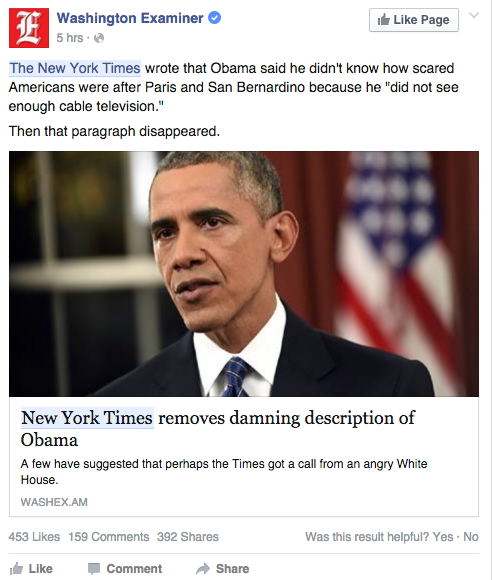Social media is being used for more than just keeping in touch with friends and family and posting angry cat memes.
According to a study by the Pew Research Center, 66 percent of social media users in the U.S. have engaged in civic or political activities through social media, through methods such as encouraging others to vote and “liking,” posting or commenting on politically-related content.

BYU College Republicans club member Gunnar Thorderson said using these avenues for civic engagement has the potential for large political influence.
“I think social media can have a huge impact on our political process in various ways,” Thorderson said. “I encourage as many people as possible to become informed and engaged with their friends, with their family members, with blog sites, with politicians’ Facebook and Twitter pages; they just need to get engaged.”
BYU Office of Civic Engagement director Richard Davis agreed that social media can provide a new tool for those already politically interested to gain information, but warned that it is not a catch-all solution for lack of engagement.
“‘Liking,’ retweeting, posting, sharing, etc. are not the kinds of activities that change the local community,” Davis said in an email. “‘Liking,’ for example, is not the same as voting. Posting is not the equivalent of volunteering in the community.”
Davis also said that just as social media can provide political information for many people, it may also spread inaccurate content since it lacks a journalistic filter.
“It is possible to spread massive amounts of misinformation via social media since those who send it have partisan agendas and no responsibility for providing both sides, checking sources or seeking to be fair,” Davis said.
Colin White, a sophomore studying educational administration, said there can be additional drawbacks to using social media to promote political ideas. He said he has quite a few friends who post political comments online, which he thinks is “kind of annoying.” Many of those who post are looking for “confirmation bias,” according to White.
“People only listen to what they want to hear and people only believe what they want to believe,” White said.
BYU College Democrats club communications director Evan Woods referred to using social media for civic engagement as a “two-edged sword.” Woods said he thinks social media is a good way to get information out in the open to help more people get involved in the political process, but those who actually take the time to post their opinions are often more extreme, meaning they are either strongly left or right leaning.
Social media also causes users to feel “faceless,” according to Woods. He said people post comments on social media that are often more one-sided or “edgy.”
“It brings out their ‘inner crazy,’ allowing them to be a little ruder and more open than they might be in person,” Woods said.
Woods said he will occasionally “like” the posts of his Facebook friends if he agrees with them, but he is more reserved about posting his own political opinions online because of the vast diversity on the political spectrum for many of his Facebook friends and his fear of offending those friends.
He will also occasionally post articles if such articles meet a specific “criteria.” Before posting an article, Woods asks himself if he really cares enough about the subject to actually promote it and if the article is written by a credible source that could benefit others.
Thorderson said posting links to articles from trustworthy sources will better society and improve the political process in the United States. When posting on social media, Thorderson takes a similar approach to Woods. He said he often posts articles that he feels are relevant and then adds a brief comment to inspire others to share their comments as well.

“If there is something wrong in our society, you could be the one to help change it,” Thorderson said.
The current issue of police relations in the U.S. is a good example of an issue that has gained attention and solutions because of the “increased accountability” that social media gives to the government and any group with power, according to Thorderson. He said with more sources for people to get information from, no incidents can be truly private anymore.
This idea of increased accountability applies to politicians and other famous people as well, Thorderson said. With Twitter, Instagram and Facebook, photos can be taken and posted instantly for everyone who has access to those social media outlets to see.
“We need to be wary of misinformation, better our sources and continue to be better informed,” Thorderson said. “If we continue down that path, we’ll have increased civic engagement, and voting percentages will increase because people will be more passionate about what is going on.”
Thorderson said he believes that as more people engage in political discussion through social media, voter awareness and participation will increase and “American democracy will become truly representative of the American people.”




